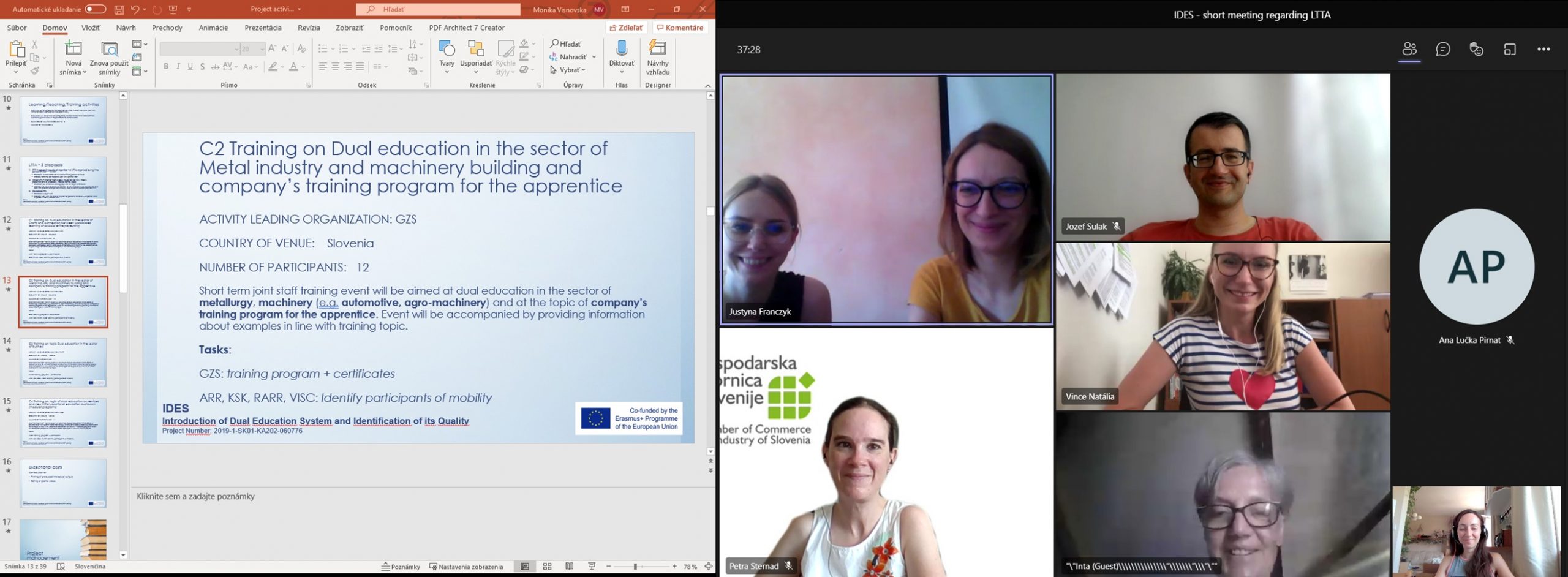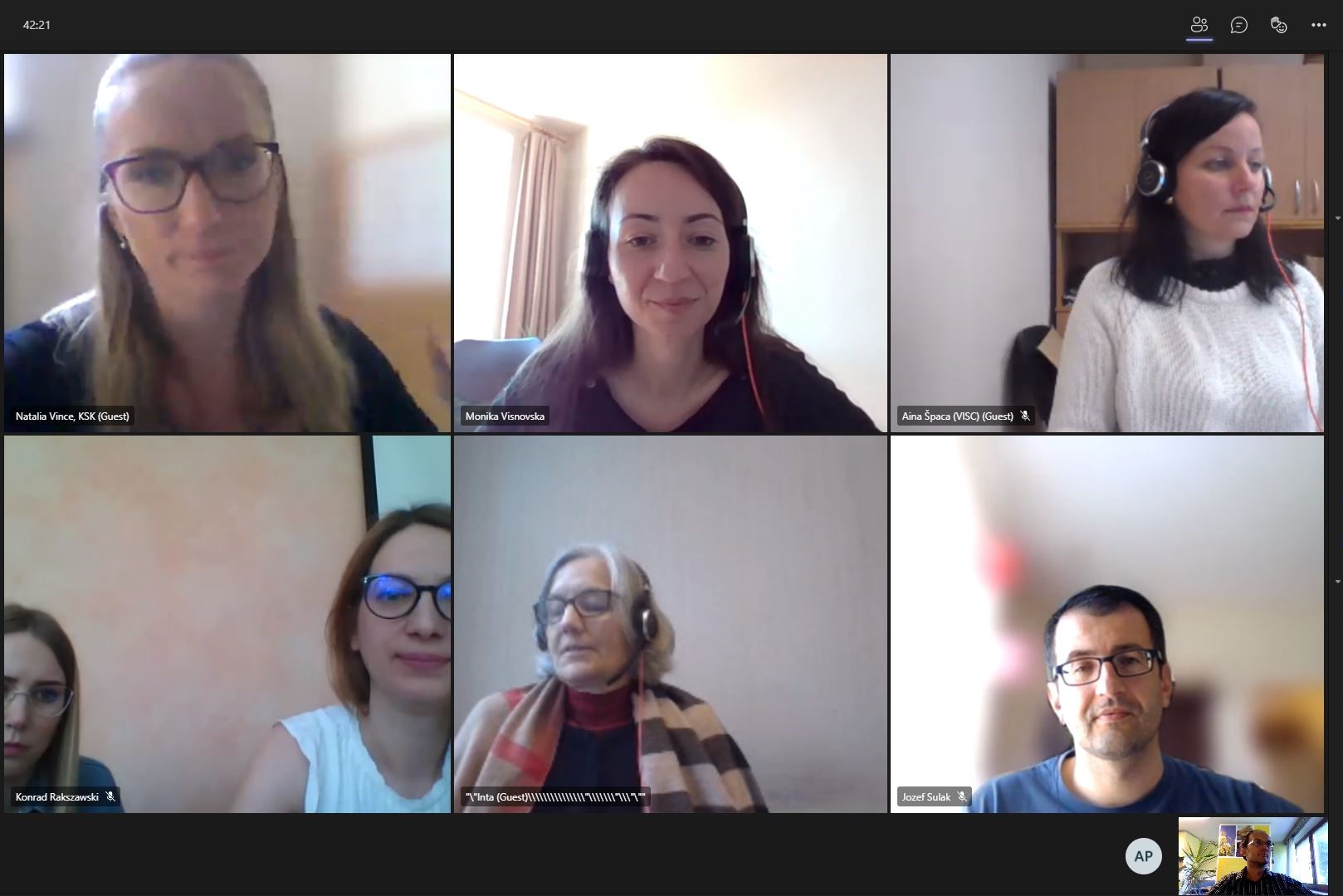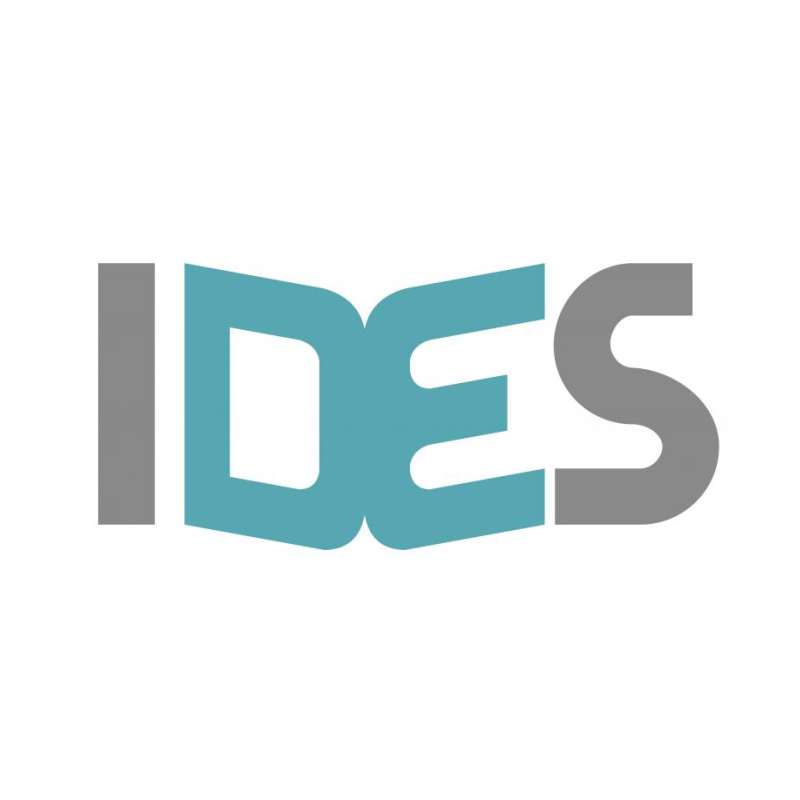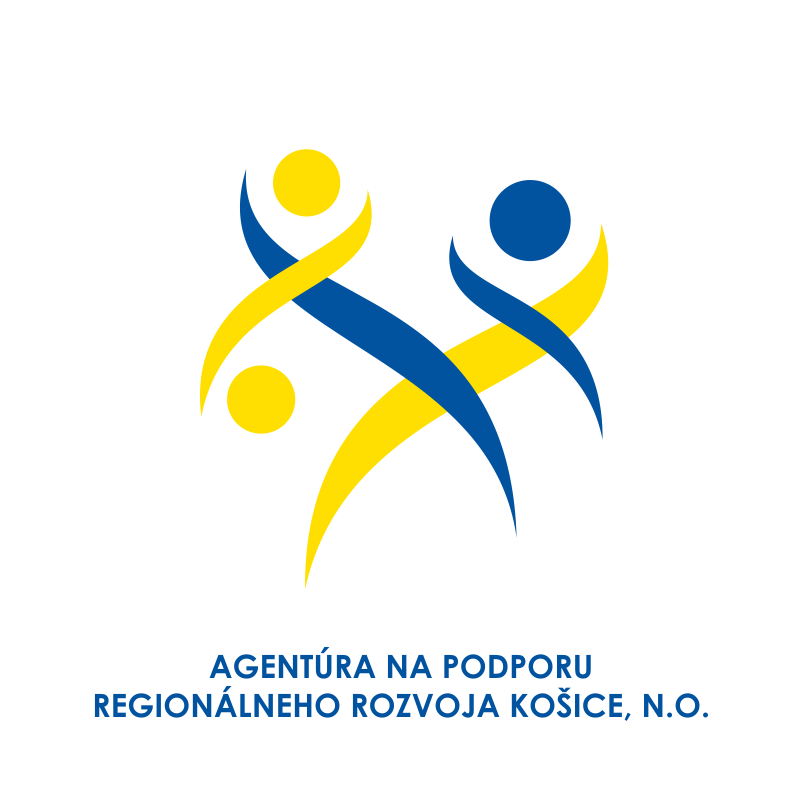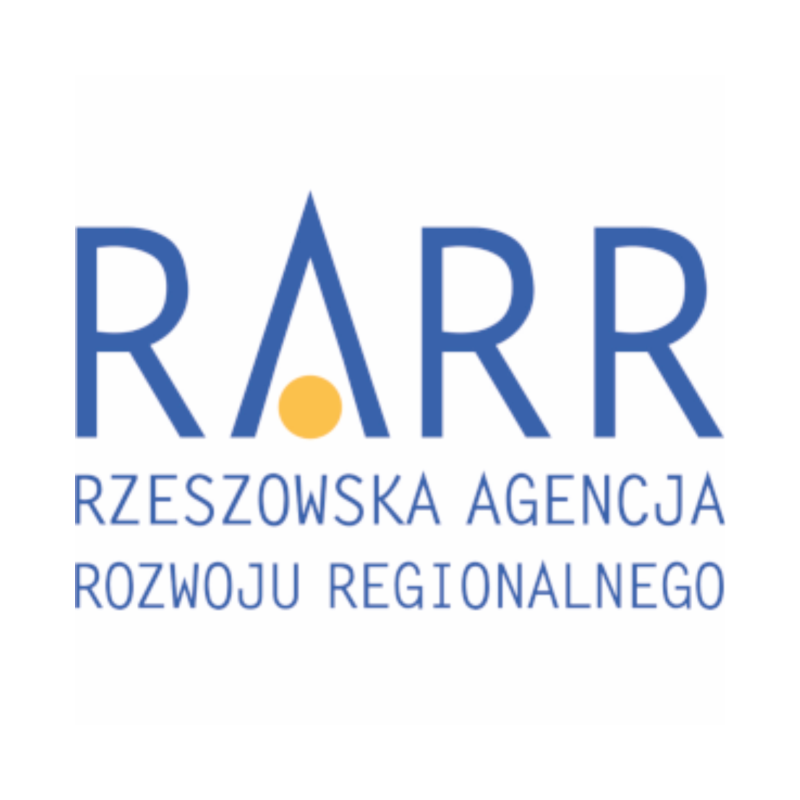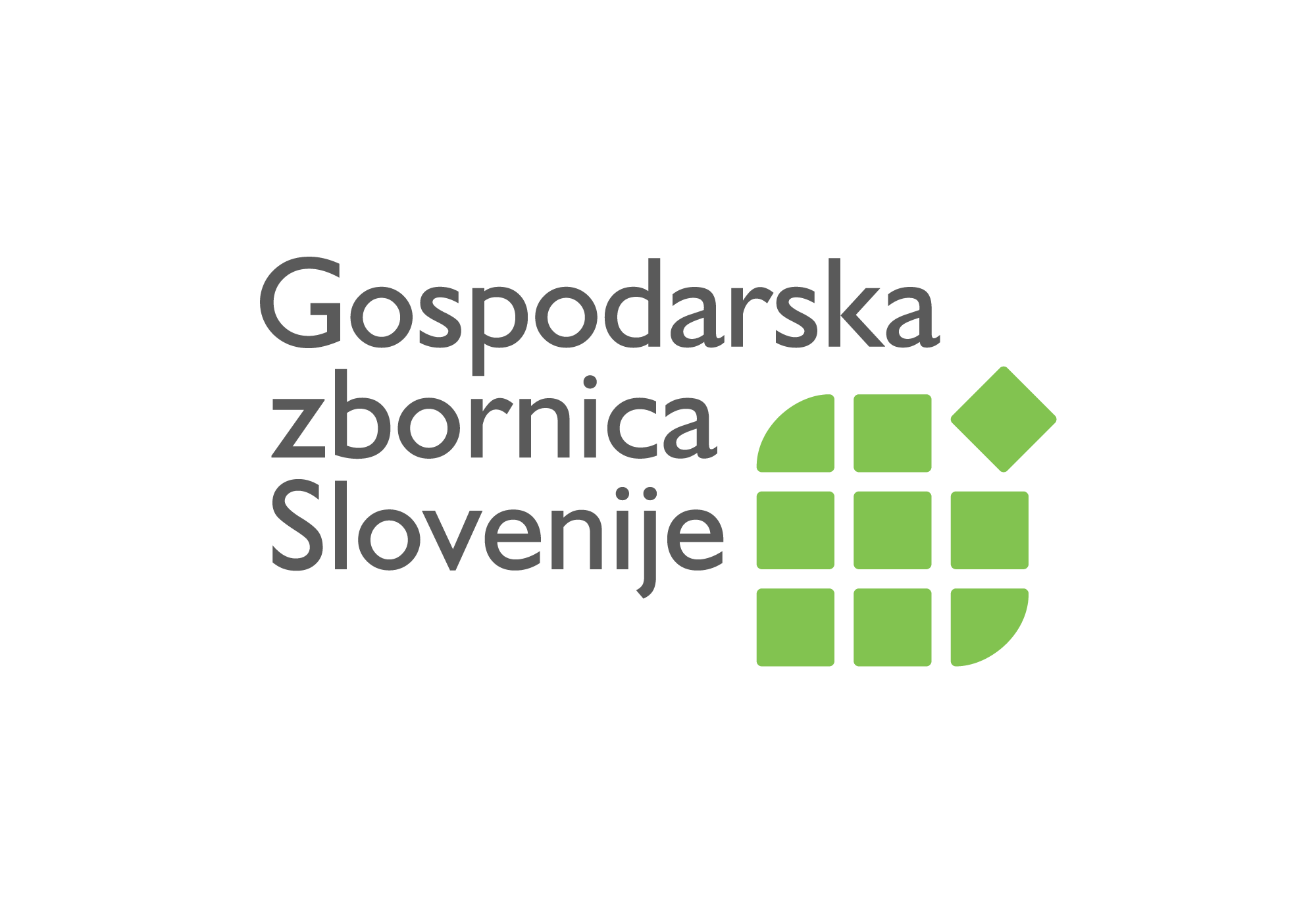Another year of work ahead of us.
Dual education is a system of vocational education and training for the pursuit of a profession, which acquires the knowledge, skills and competences necessary for the profession. It is characterized in particular by a close connection between general and vocational theoretical education in secondary vocational school with practical training at a specific employer.
International project IDES (Introduction of Dual Education System and Identification of its Quality) responds to the lack of practice in schools and supports the dual education system. As part of this project, two online meetings of partner organizations from Latvia, Poland, Slovenia and Slovakia were held.
At the meeting, the partners presented their current status, what has happened and what still needs to be worked out and planned. The nearest deadlines were set and the partners divided the tasks.
Four countries have also worked on the final version of the Comparative Analysis of Dual Education Systems of the participating countries and it will be possible to proceed to the Slovak version of the document and to control the quality of the output.
Dual education abroad
As part of this project, he conducted a survey of countries and provided valuable information in the field of dual education in other countries.
The next steps in IDES project
As part of the communication tools, Short Videos and an Information Brochure promoting dual education will be created. Subjects are currently being selected to serve as examples of good practice in which short videos will be made.
A structure of three types of brochures aimed at promoting and providing information on dual education for the target groups has been prepared: primary school pupils in their final year of school
(potential vocational pupils with possible participation in the dual education system), companies and secondary vocational schools.
It is currently filled with content by all partners.
The second short online meeting was organized in order to agree on the form and topic of the first training activity. The training will take place at the beginning of September in Slovenia on the topic of dual education in the metallurgical, mechanical engineering sector (automotive industry, agricultural machinery) and on the topic of the training program in the company.



